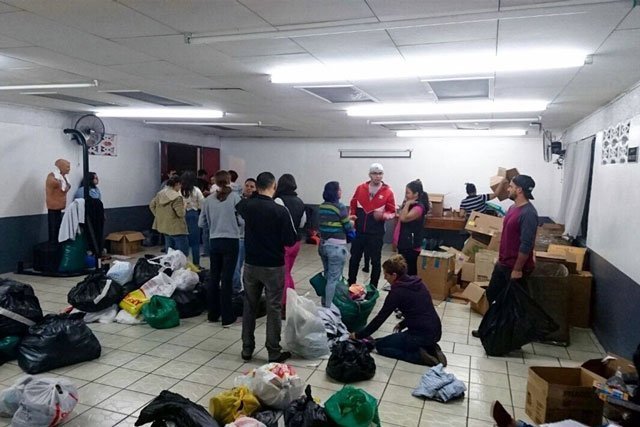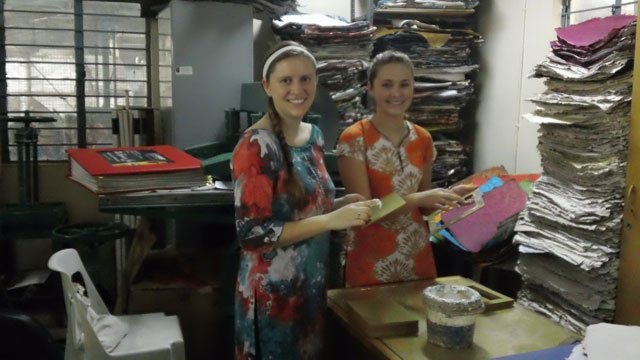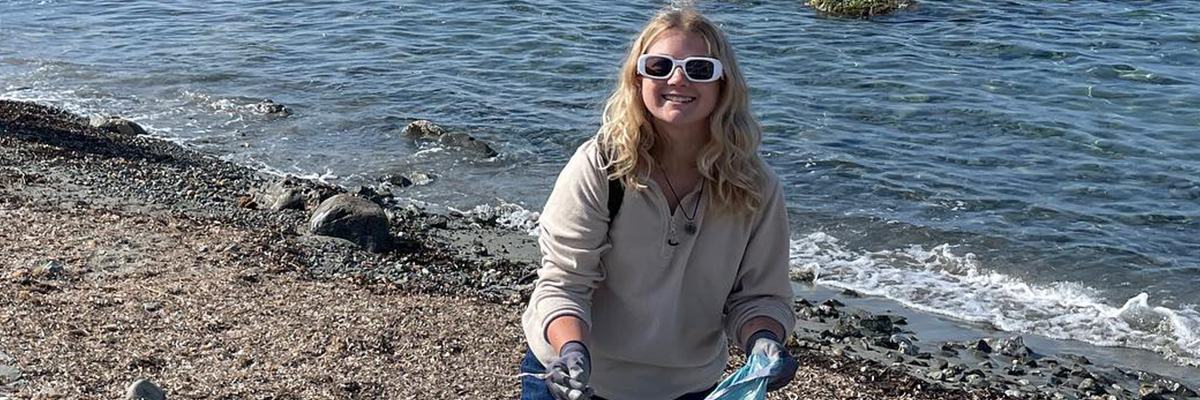Helpful habits of a sustainability-minded traveler
When you choose to study abroad, you make the conscious decision to become a global citizen. As a global citizen, it’s essential to leave a positive impact on the locations you travel to and respect the environment no matter where in the world you are.
1. Avoid water waste.
Many foreign countries are mindful of wasteful water habits. One of the easiest ways to reduce your water waste is by shortening the length and frequency of bathing and showering. Be conscious of your water usage, especially when cleaning and grooming.
2. Shop local.
While grocery shopping, consider buying local produce and local delicacies. Not only is it a good way to try new things and expose yourself to another culture, but you can help reduce your carbon footprint.
3. Shop eco-friendly brands.
Chances are, if you’re preparing to study abroad, you’re going to have to buy some stuff. If possible, purchase clothing made from ethical companies that use sustainable fabrics. One trick is to look for Worldwide Responsible Accredited Production-certified companies. Also, please keep in mind that anything Amazon-Primed to you will require packaging and some sort of carbon footprint.
4. Donate your stuff.
At the end of your term abroad, consider donating some of your extra belongings. If you are staying with a host family, they probably already have a collection of hand-me-downs that could go to another future student. Extra shampoo, soap, toothpaste, and sunscreen are great examples of things to donate. Any textbooks and blank notebooks you will no longer need could be a lifesaver for others arriving soon.
5. Rent a bike and use public transportation.
Take advantage of public transportation to reduce your carbon footprint. You can also look into renting a bike or seeing if your host family has one you can borrow to reduce your individual traveling emissions. When going out with friends, consider carpooling or sharing a taxi or Uber.
6. Reduce your plastic use.
Always drink clean water, but avoid single-use plastic bottles if you can. Your dorm or apartment may have a shared water filter you can use to refill a reusable bottle or jug. Always pack a reusable bag or tote when you go grocery shopping (many European countries even tax plastic bags). Always bring small reusable containers instead of travel-size products.
7. Reduce your reliance on paper.
Rent your books or use e-books when available. Many program sites might even have textbooks you can rent or borrow once abroad.
8. Donate to offset your carbon footprint.
Calculate your carbon footprint from traveling with sites like Sustainable Travel International’s Carbon Calculator, and donate to projects in line with the United Nations’ Sustainable Development Goals. While transportation is unavoidable and you are bound to contribute to CO2 emissions, contributing to a carbon offset program makes you a responsible traveler.
9. Choose a green hotel.
Look for accommodations that market themselves as green. Some hotels use renewable energy, collect recyclables, use environmentally friendly cleaning products, and offer options for guests to make an impact (such as reducing the number of times sheets are changed).
10. Choose ethically focused destinations.
USAC study abroad sites like Chile, Costa Rica, and Uruguay are often featured as some of the best ethical destinations by Ethical Traveler. The nonprofit reviews the policies and practices of nations worldwide to promote human rights, preserve the environment, and support social welfare. By visiting countries on these lists, your tourism dollar supports their efforts to create sustainable tourism industries and encourages other destinations to follow suit.

